How Your Air Conditioner Affects Your Allergies
We often get questions about indoor allergies and whether a quality air conditioning (AC) unit can help reduce sneezing, coughing, and watery eyes.
The answer is yes.
A high-efficiency Carrier air conditioning unit keeps you cooled down on the hottest of days—and it removes indoor pollutants from the air that can trigger an allergy attack.
Your AC system also helps with balancing the relative humidity inside your home. It plays an integral role in your comfort and health.
Our team at Carrier Cooling Center Dealers wants to ensure you enjoy the most value from your heating, ventilation, and air conditioning (HVAC) equipment. Schedule a free consultation with one of our Carrier Factory Authorized Dealers in Arizona, Idaho, Nevada, Texas, California, or New Mexico to learn more about creating a healthy home.
What Causes Indoor Allergies?
Mold, pollen, dust mites, pet dander—and yes, cockroaches. These are a few of the culprits that trigger indoor allergy attacks every year.
More than 50 million Americans suffer from allergic reactions each year, according to the Asthma and Allergy Foundation of America (AAFA). Allergies are the sixth leading cause of chronic illness in this country.
There is no known cure for allergies, but there are plenty of remedies to address the symptoms—starting with your central air conditioning unit. In most cases, an allergic reaction causes runny noses, itchy eyes, scratchy throats, hives, and rashes.
In more severe cases, allergies can cause low blood pressure, respiratory problems, asthma attacks—even death. Food allergies alone send about 30,000 people to the emergency room each year in the U.S.
How Can My AC Help With Allergies?
Start with the filter. Your HVAC system has a filter designed to trap airborne particles, helping to improve your indoor air quality (IAQ). Filters have a MERV rating (Minimum Efficiency Reporting Values) to help you choose the right filter for your home.
The higher the MERV rating the better the filter is at trapping airborne pollutants. Generally speaking, we recommend a filter with a MERV rating of 13 or higher for allergy sufferers. Be sure to check the manufacturer guidelines on which filter to use with your HVAC system to achieve the best airflow.
Going a step up, you can consider a high-efficiency particulate air (HEPA) filter in your home. A HEPA filter can remove up to 99.9 percent of dust, pollen, mold, bacteria, and other airborne contaminants floating in your circulated air. It is the Cadillac of HVAC filters.
HEPA filters were initially used in hospitals and industrial settings. They’re more popular today in homes, but again, be sure to follow your manufacturer’s recommendation on which filters to use.
You can upgrade your system with the Infinity 20 Air Conditioner with Greenspeed® Intelligence that puts Carrier’s most advanced, patented technology where it’s never been before—in an air conditioner.
Enjoy a high-efficiency, whisper-quiet system that does a superior job of humidity removal during the hot, steamy summer months. The Infinity 20 Air Conditioner takes your comfort to a new level—give us a call today.
Control Your Indoor Air Quality
Consider using an air purifier to improve your indoor air quality and provide relief to your allergies. Air purifiers are an allergy sufferer’s best friend—they trap airborne particles that can trigger an attack. Be sure to ask your Carrier Factory Authorized Dealer about our Infinity air purifier that uses our patented Captures & Kills technology to eliminate up to 99 percent of airborne particles, germs, and viruses.
Call Us Today About Your AC System
Our Carrier Factory Authorized Dealers in Arizona, Idaho, Nevada, Texas, California, or New Mexico look forward to answering any of your questions. Request service online today to speak to one of our professionals.


 Financing
Financing